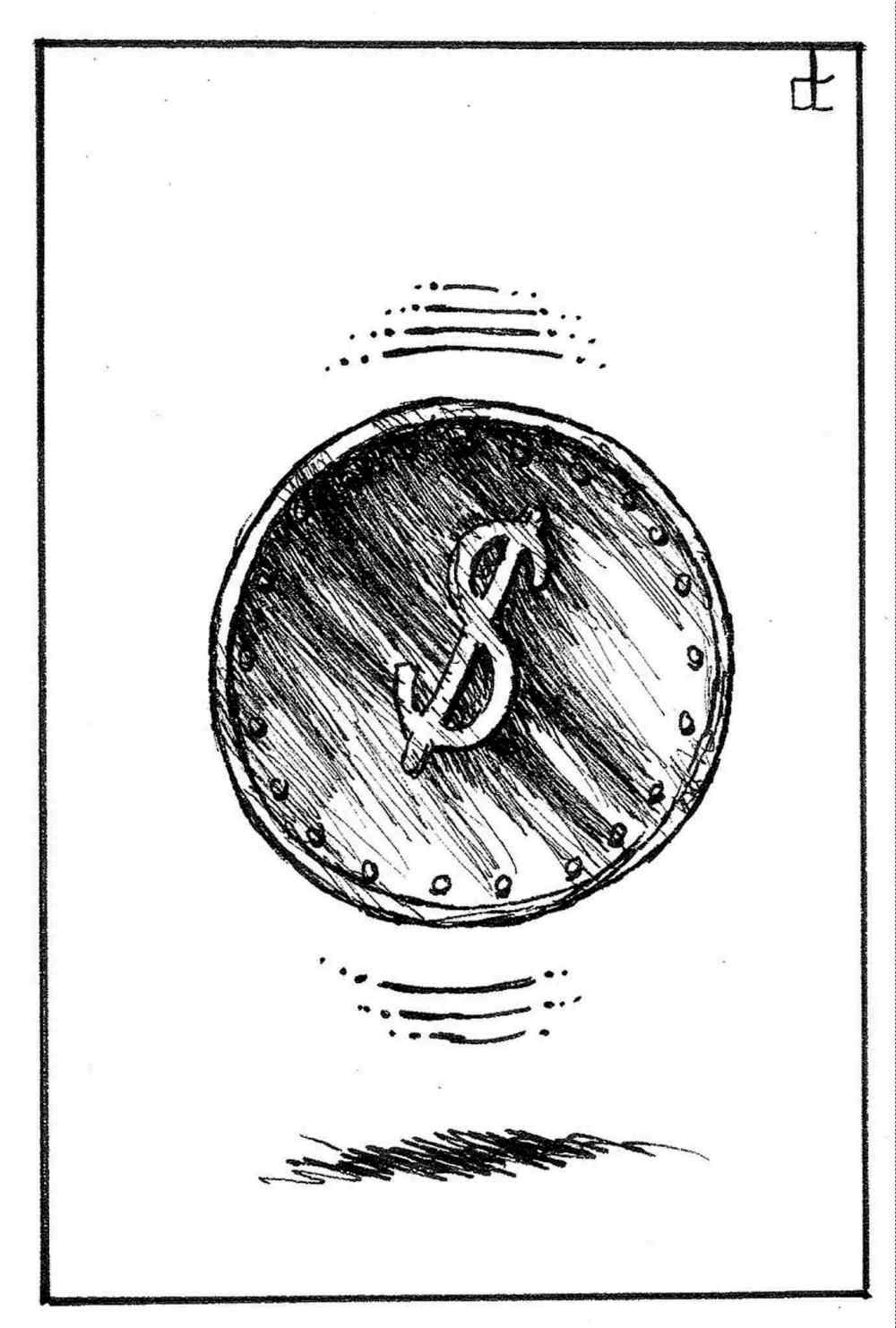Why not raise tax again?
Advertisement
Read this article for free:
or
Already have an account? Log in here »
To continue reading, please subscribe:
Monthly Digital Subscription
$1 per week for 24 weeks*
- Enjoy unlimited reading on winnipegfreepress.com
- Read the E-Edition, our digital replica newspaper
- Access News Break, our award-winning app
- Play interactive puzzles
*Billed as $4.00 plus GST every four weeks. After 24 weeks, price increases to the regular rate of $19.00 plus GST every four weeks. Offer available to new and qualified returning subscribers only. Cancel any time.
Monthly Digital Subscription
$4.75/week*
- Enjoy unlimited reading on winnipegfreepress.com
- Read the E-Edition, our digital replica newspaper
- Access News Break, our award-winning app
- Play interactive puzzles
*Billed as $19 plus GST every four weeks. Cancel any time.
To continue reading, please subscribe:
Add Free Press access to your Brandon Sun subscription for only an additional
$1 for the first 4 weeks*
*Your next subscription payment will increase by $1.00 and you will be charged $16.99 plus GST for four weeks. After four weeks, your payment will increase to $23.99 plus GST every four weeks.
Read unlimited articles for free today:
or
Already have an account? Log in here »
Hey there, time traveller!
This article was published 06/03/2014 (4241 days ago), so information in it may no longer be current.
The Conference Board of Canada says Manitoba has hit the jackpot with its five-year, infrastructure spending plan, which it says will create thousands of jobs and billions of dollars in economic activity.
The province says the impact wouldn’t be as dramatic without its decision to abruptly raise the provincial sales tax by one percentage point last year, raising it to eight per cent from seven.
If you put these two thoughts together, however, the natural question is why not raise taxes even further and spend even more on infrastructure? Presumably the economic bounce and return on investment would be even greater, leading to the mythical workers’ paradise.

But as every junior economist understands, there is a point on the graph at which tax increases and high spending start to have a negative effect. Unfortunately, the conference board didn’t provide such an analysis, which might have been helpful going forward.
The province currently spends roughly $900 million every year to service its $30-billion total debt, which will continue to grow if the fiscal deficit is not eliminated. Obviously, this trend is neither sustainable nor good economics, regardless of how many new roads are built.
The Selinger government is also hoping the Conference Board’s analysis will bolster its claim every cent raised by the hike in PST will be spent on core infrastructure. Originally, the province said the money would go to all forms of infrastructure, but it backed off that plan when announcements and re-announcements about new splash pads, schools and hospital additions failed to convince Manitobans the tax hike was truly about fixing infrastructure.
Under the new plan, the government has estimated its baseline investment in core infrastructure — major roads, flood works, bridges — at $729 million for each of the next five years. When the PST increase of roughly $300 million a year is included, it adds up to $5.3 billion. Another $234 million is anticipated from the federal government.
This is about as close as the government can get to ensuring Manitobans the despised tax increase is being used for the stated purpose, even though the so-called baseline spending of $729 million isn’t adjusted for inflation. Ultimately, many Manitobans will continue to believe the tax increase was introduced because of other budget pressures caused by over-spending.
The good news is the long-term nature of the deal provides certainty for the construction industry, which has been unhappy with the unpredictable ups and downs of government spending. The industry in some years was unable to muster the necessary resources to meet government contracts, which meant some infrastructure dollars were unspent.
As for the city, the budget provides stable, long-term funding that will allow it to make plans for its crumbling infrastructure. The budget includes $66 million more in funding over five years than the city was anticipating from the province.
The province says today’s budget won’t include any surprises. That’s a good thing, because Manitobans can’t afford too many more surprises if they involve tax increases and higher spending.


